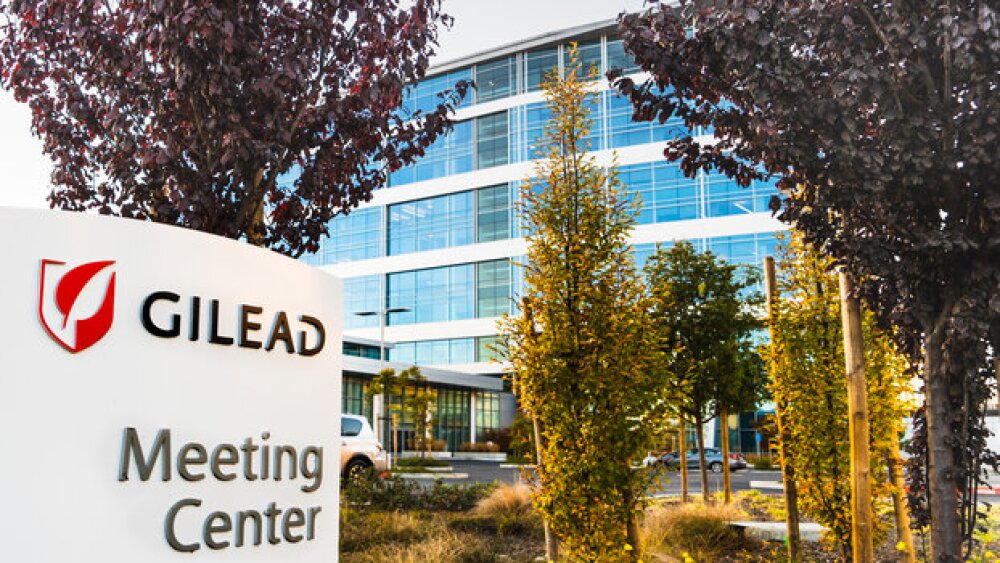The last few months have been difficult for Gilead, with several late-stage failures and development discontinuations. Amid these problems, Merdad Parsey will be stepping down from his CMO role early next year.
Gilead Sciences’ Chief Medical Officer Merdad Parsey will bid the company goodbye next year, according to a Wednesday announcement. The pharma is currently looking for a successor.
Parsey will continue to serve as Gilead’s CMO until the first quarter of 2025 and will stay on with the company for several months more to support the leadership transition.
Parsey joined Gilead in November 2019 and took over the company’s global clinical development and medical affairs activities. Under his tenure, Gilead delivered “transformative” treatments for urgent infectious diseases such as COVID-19 and HIV, and made big strides in its cancer portfolio, Parsey said in a statement.
“I am profoundly excited about the work we have done to build a strong, diverse clinical pipeline that has tremendous potential,” he added.
Recent months, however, have been difficult for Gilead, with cancer drug candidate Trodelvy (sacituzumab govitecan-hziy)—the centerpiece of the pharma’s $21 billion acquisition of Immunomedics in 2020—suffering a string of late-stage defeats.
In April 2021, Trodelvy won the FDA’s accelerated approval for locally advanced or metastatic urothelial cancer in patients who had undergone a previous course of platinum-containing chemotherapy and an anti-PD-L1 agent. However, in May 2024, the antibody-drug conjugate (ADC) missed the primary endpoint in its Phase III confirmatory trial. Compared with single-agent chemotherapy, Trodelvy was unable to significantly improve overall survival in patients with this indication.
A few months earlier, in January 2024, Trodelvy likewise failed the Phase III Evoke-01 study in non-small cell lung cancer (NSCLC). The ADC did not elicit a significant improvement in overall survival in patients with metastatic disease who had undergone prior treatment.
Compounding Gilead’s cancer problems is the anti-CD47 antibody magrolimab, which the pharma formally discontinued in April 2024 after months of setbacks. Gilead was developing magrolimab for myelodysplastic syndromes, but in July 2023 had to scrap the Phase III ENHANCE study after an interim analysis showed that pushing through would be futile.
In September 2023, disappointing magrolimab data also forced Gilead to discontinue the Phase III ENHANCE-2 study in acute myeloid leukemia. Earlier this year, the pharma ended the ENHANCE-3 study for futility.
Magrolimab has also been put under several regulatory pauses. The first came in January 2022 after the FDA flagged serious adverse events with the drug. This hold was lifted in April 2022. The candidate was again put on partial hold in August 2023 and in February 2024.






